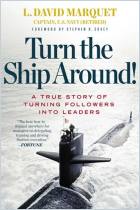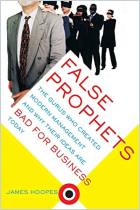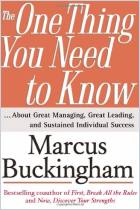
Message to Garcia
Recommendation
Publisher Elbert Hubbard’s concise, classic essay – which he wrote in an hour in 1899 after a lazy worker sparked his ire – has almost nothing to do with the message or the man of its title. Hubbard refers to a possibly apocryphal letter to make several hilarious, incisive points about employee motivation and the difficulty of finding that precious worker – the one who gets on with the task at hand, without questions, arguments or excuses. Hubbard’s breezy, snarky, cynical voice – half Mark Twain and half Jerry Seinfeld – elevates this brief (about 30 pages) memorable treatise of common sense and hard-earned resignation into an essential guide for pretty much everyone seeking employment, every worker and every boss. Hubbard’s tone is conversational, pithy and succinct. His words of bemused wisdom have endured because pretty much everything he says is true. getAbstract recommends this beloved artifact to anyone who has a job to do or who must motivate other people to do theirs.
Summary
About the Author
Elbert Hubbard, a publisher and author born in 1856, wrote Little Journeys to the Homes of the Great. He died aboard the luxury ocean liner Lusitania, when a German submarine torpedoed the ship off the coast of Ireland in 1915.
















Comment on this summary or Start Discussion